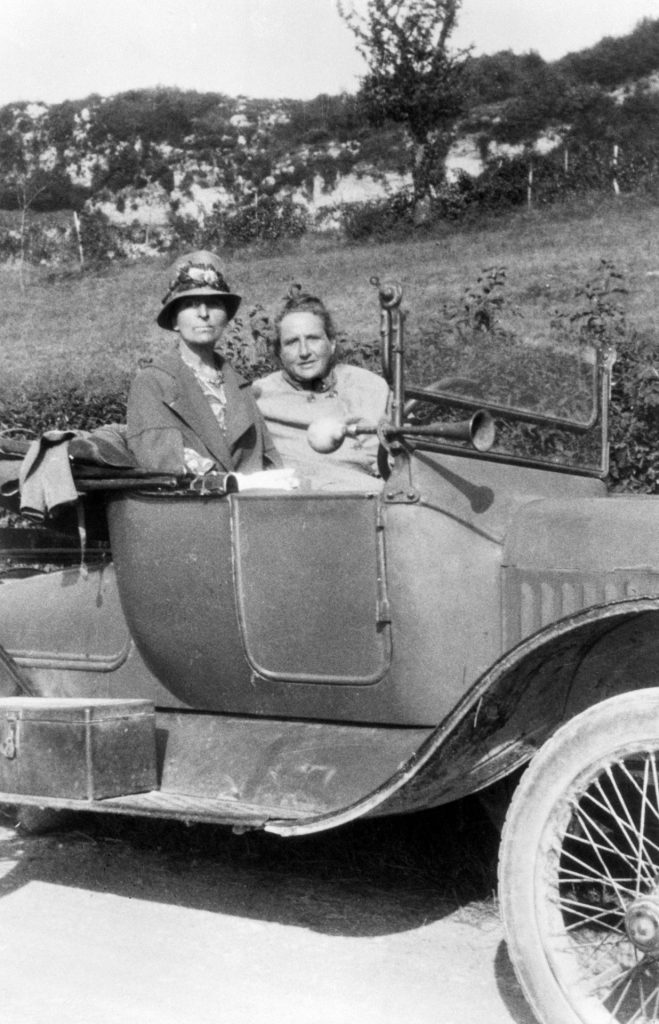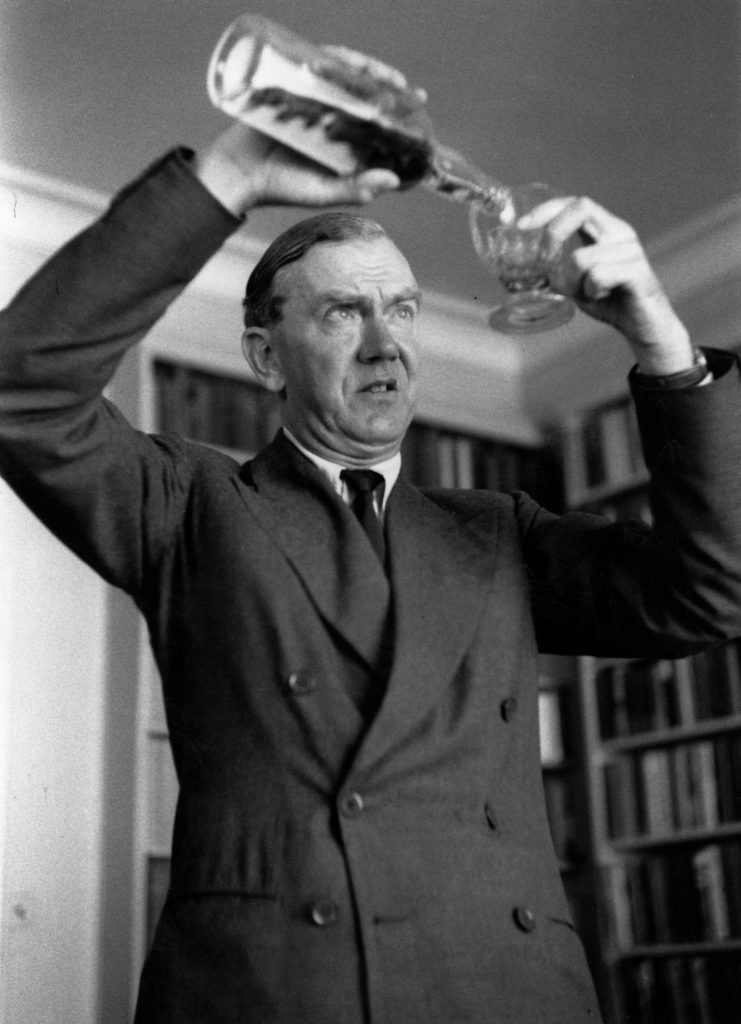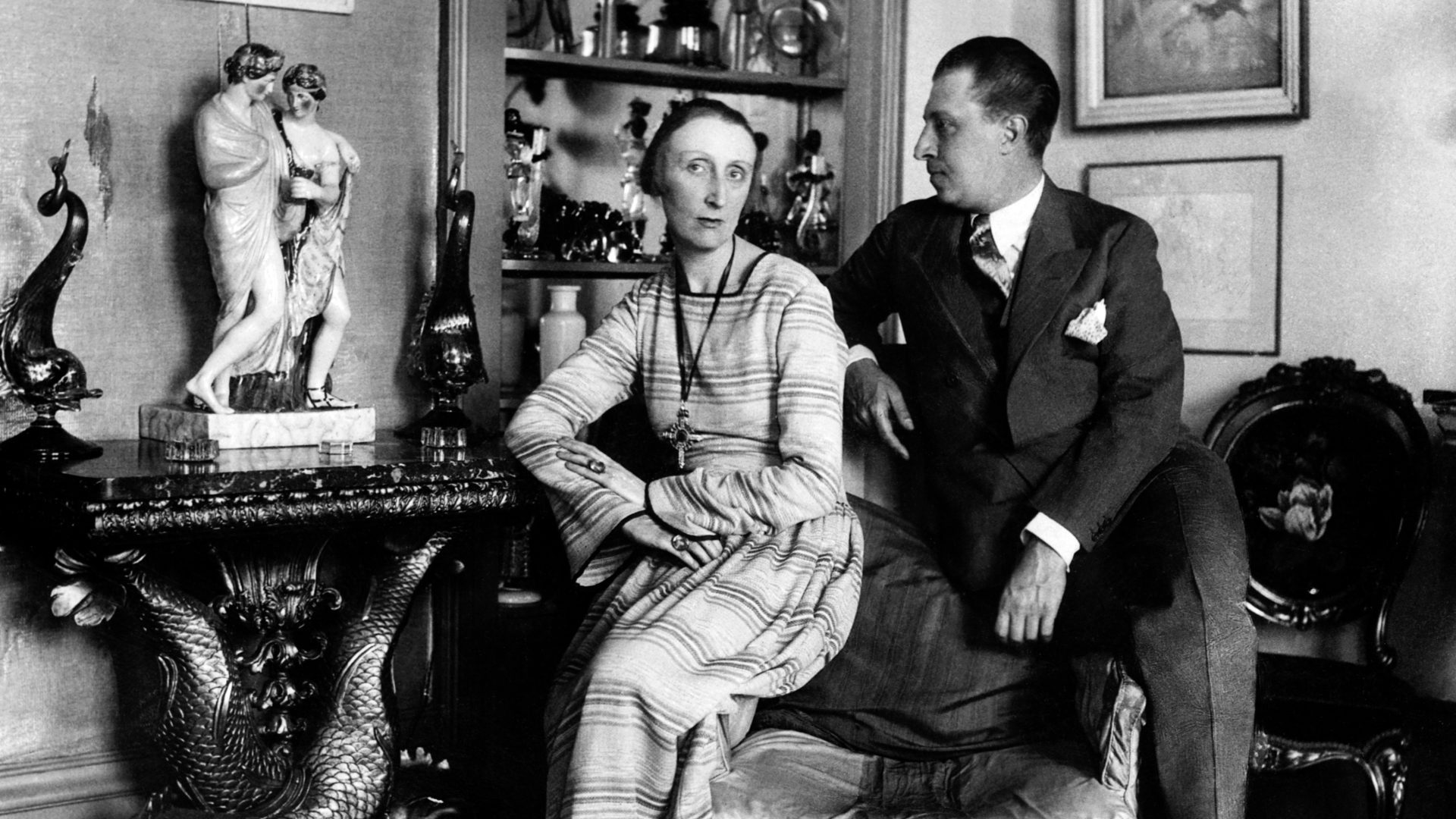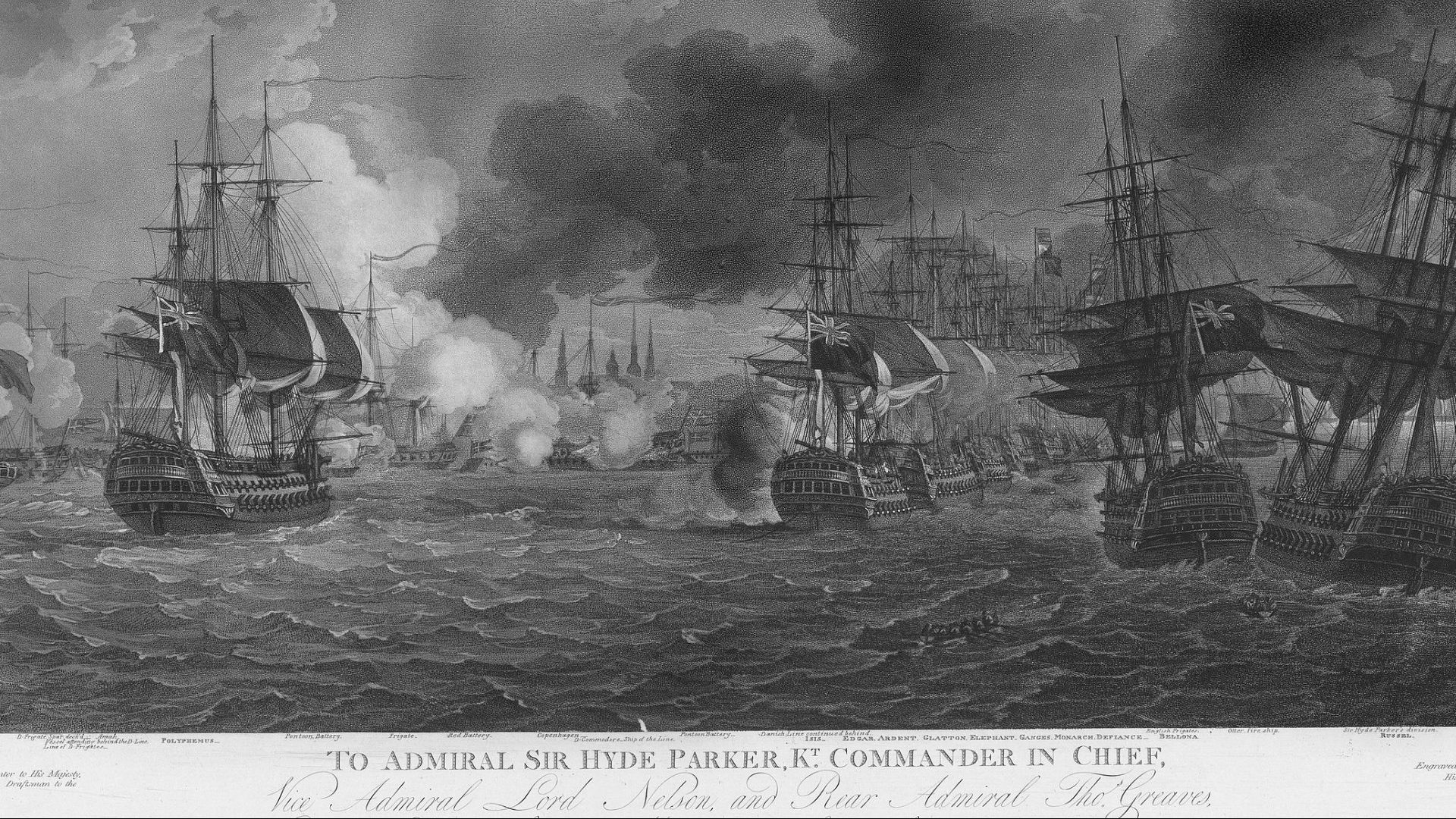I’m not one to brag, but I’ve spent most of the last couple of weeks in a recording studio. I know! Glamorous. I’d like to claim that I’ve been laying
down the funk album that confirms me as the voice of a generation, but instead I’ve been recording new audio versions of two of my books, holed up
for seven hours a day in a small, windowless room droning into a microphone while scrolling through the text on an iPad in front of me.
While I intended to make the experience as rock ’n’ roll as possible – volcanic tantrums, unreasonable rider demands involving strong drink and
illicit narcotics – instead I have meekly acceded to every suggestion from the
producer and been no more troublesome than asking for another glass of water.
A complete lack of hedonistic excess aside, what struck me was that having spent most of my adult life as a writer I think I might have developed what I’d regard as a selection of rational methods, but what others might dub eccentricities.
It started on the first morning, on the first page. “Whenever you’re ready,” said the producer through the glass. I looked at the iPad and there was the book title. Which is when the problems started.
I don’t like saying the titles of my books. I’ll do anything to avoid it, referring to them by their subject matter or just as “that book”. It takes something momentous for the titles themselves to pass my lips (once, at the end of a radio interview, I even pretended to have been cut off rather than answer the question, “so remind us what the book’s called?”). While I did eventually blurt the words out in an acceptable order it took a few goes before the producer was happy I wasn’t sounding like a constipated goose.
Even before I’d set off for the studios there had been a hint that my relationship with my job wasn’t as conventional as I might have believed. I was advised to take copies of the books with me as a back-up. Tricky, I announced cheerfully, as I don’t have any.
The slightly stunned silence that followed took me aback at first but it must sound a bit weird, a writer not owning copies of their own books. But I don’t. I haven’t kept copies of any of my books and you won’t find a single one in the house. At first I didn’t think it was a deliberate thing; writers are sent a small bunch of free copies when a book is published and I give all of mine away to friends and people who helped me out during the writing process. I’d always considered this practical expediency. I don’t need one. I already know what happens.

On the other hand I am an ardent bibliophile who rarely, if ever, gets rid of books by people who aren’t me. I have hundreds of them, they’re everywhere, by now I could assemble an Ikea Billy bookcase while blindfolded, yet mine? I can’t get shot of them quickly enough.
Newly concerned that I might be weird, I put out a call to writer friends to see if any of them recognised this oddball behaviour in themselves. Most of the responses revolved around the practicalities of writing the book, not
the finished item itself.
“I used to think Philip Pullman was a pretentious bell-end for insisting that he can only write longhand if using a yellow legal pad and a particular type of pen,” Pete Brown, author of Shakespeare’s Local, told me. “Ten years later I remembered this when having a mini-breakdown on a research trip because I had forgotten, and couldn’t find new, a lined black Moleskine notebook (small, hardback) and a black Uni-Ball Eye pen (micro with the charcoal cap, not the so-called ‘fine’ version in ugly pale grey).”
This didn’t seem too weird, at least, not as weird as the quirks I was starting to notice about myself, so I plunged deeper into the world of literature to see if there might be any historical authors odder than me.
Writers are a notoriously self-obsessed bunch. Many are very keen to draw attention to themselves and I did feel that some of the examples I found were deliberate affectations rather than genuine quirks.
The author of The Three Musketeers, Alexandre Dumas, for example – did he really eat an apple under the Arc de Triomphe at 7 o’clock every morning, as he claimed? And if he did, was it really a superstitious habit, or was he merely hoping that for the rest of the day Parisians would be going around telling each other they saw the great Dumas making short work of a Pink Lady at the city’s central node before breakfast. Again.
Similarly, I’m not convinced by stories of how Dame Edith Sitwell would climb into an open coffin for a while before she could even think of commencing her writing for the day.
DH Lawrence claimed to be inspired by climbing mulberry trees naked, which sounds like hokum to me, while Aldous Huxley’s solemn revelation in The Art of Seeing that he would occasionally write with his nose doesn’t hold much in the way of H₂O as far as I’m concerned.
“A little nose writing,” he reckoned, “will result in a perceptible temporary improvement of defective vision.”
Will it, aye?
Once I’d weeded out the fops and the lah-de-dahs, I did unearth some genuinely odd and frequently terrific authorial quirks.
Virginia Woolf had a couple, first as an early adopter of writing while standing and then as a devotee of using only purple ink. Fairly low-wattage as eccentricities go, but absolutely genuine nonetheless.
Graham Greene had an obsession with numbers, to the point where it was quite possibly some kind of condition. Evelyn Waugh told of how the author of Brighton Rock would sit in his car with a notebook, jotting down the registration plates of the vehicles that passed.

“He could not write another word until a certain combination of numbers, I think it was 987, something like that, appeared to him,” recalled Waugh. Eccentric? Unquestionably. Genuine? Of all writers, Greene was the least likely to partake in self-indulgent shilly-shallying.
Gertrude Stein was another for whom cars were a necessary part of the creative process. She wrote best while sitting in the passenger seat as her partner, Alice B. Toklas, drove their Model T Ford, running errands. This was a particularly productive routine during the couple’s time in Paris: while Toklas went shopping, Stein would sit in the car where the rhythms of the Parisian streets were apparently conducive to the rhythms of her writing.
Wherever they write, whatever they write on, many authors have come to rely on their stimulant of choice, with some being more effective, and more
legal, than others. While three mugs of tea are usually enough to crank my
starter handle on a cold morning, other writers need something a little spicier, stronger or just in vast quantities.
Honoré de Balzac is to be admired for many things, not least his extraordinary cycle of novels and stories La Comédie humaine and writing two detailed treatises on marriage without actually being married himself when he wrote them.
Perhaps most impressive was his writerly stamina. He could turn out 30 words a minute over many hours, in longhand, rarely sleeping more than four hours a night. Not surprisingly, he came to rely heavily upon his stimulant of choice: coffee. Lots of coffee. At least 50 cups of coffee per day in fact, a strong Turkish brew at that. Sometimes, if in need of an urgent pick-me-up, Balzac would even munch on the beans themselves. In the light of this startling consumption it’s a wonder he slept as much as four hours a night.
Perhaps my favourite tale of extreme authorial stimulation concerns Friedrich Schiller. Whenever he felt inspiration waning, Schiller would open a particular drawer in his desk, stick his face in it and inhale a good couple of lungfuls of the rotten apples he kept there exactly for that purpose. The heady musk of fermenting fruit soon had the muse descending and the quill scribbling again.
I was reassured by this. There may be the odd mug in my office developing interesting cultures among the tea dregs, but even I wasn’t plunging my phizzog into mouldy fruit. At least not yet.
It’s notable that these fascinating examples of singular behaviour all concern the creative process itself. My foibles only kick in once the book is out. Most of the quirks I had found seemed to involve procrastination, the putting-off of writing until some spurious conditions were met. Fear, basically, of actually writing and subsequently failing. My fear, it seems, truly begins only when the book is published and the failure public.
If only I could be eccentric in the manner of Anthony Trollope, who wrote every morning from 5.30 to 8.30, producing 250 words every 15 minutes, paced by his pocket watch. Even if he finished a book at, say, 8 o’clock, he would immediately spend half an hour on the next one.
Routine, efficiency, diligence: to authors, that’s about as eccentric as it gets.




